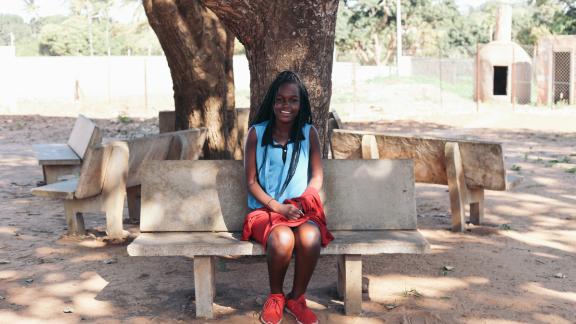There are some years that become a pivotal moment in history - 2020 is one of those. IPPF has never been faced with delivering healthcare in the grip of a global pandemic. Yet our global teams have demonstrated agility, resilience, and creativity putting clients at the heart of our work to ensure the safe delivery of vital care. The pandemic has changed how we work, but not what we do. Here we acknowledge some of our amazing colleagues, clients, and partners as well as events that have shaped 2020.
Expanding healthcare for factory staff
Sandra is one of a team of women who work at a cashew factory in a small town in rural Ghana.
Thanks to a project run in partnership by Planned Parenthood Association Ghana (PPAG) and the Danish Family Planning Association (DFPA) women like Sandra can now access contraceptive and reproductive healthcare during their working day. "It has helped me a lot, without that information I would have given birth to many children.”
© IPPF/Natalija Gormalova
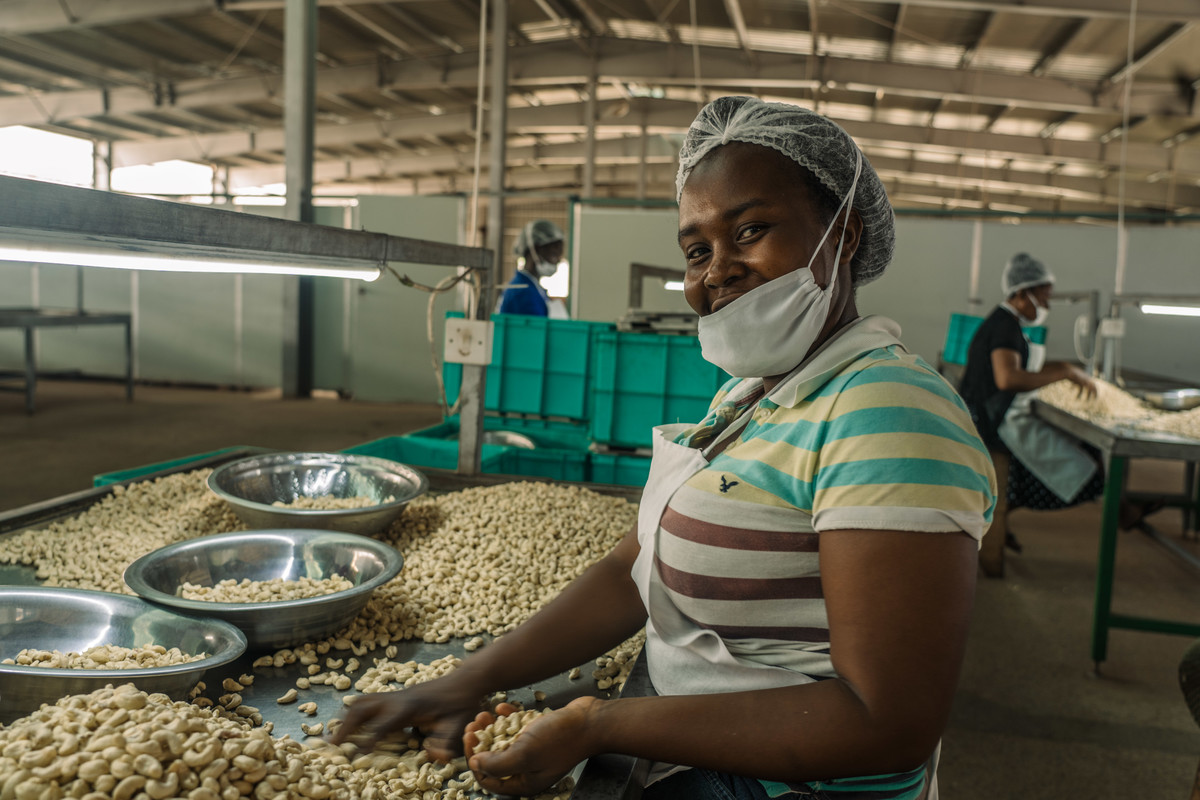
Ensuring healthcare provision during the pandemic
Malak Dirani, a midwife at the Lebanese Association for Family Health (SALAMA).
“My message to healthcare workers across the world is that we are always here for people to secure their health and rights. We are on the frontline; we were always the one who people trust! We are the nation's guiding light during this difficult time, so we can, with our efforts and power support patients, overcome this crisis, and save lives.”
© SALAMA

COVID-19 crisis sparks innovation
New approaches to reach women with safe abortion care include telemedicine and home-based provision of medical abortion.
To ensure that quality abortion care can be provided to women during travel restrictions, the Cameroon National Planning Association for Family Welfare (CAMNAFAW)’s service providers travel to partner clinics in underserved areas and to clients’ homes to provide medical and surgical abortion care. This model of taking safe abortion care closer to women will continue even with easing of travel restrictions, as this has been found to be an effective and acceptable approach to increasing access.
© IPPF/Xaume Olleros
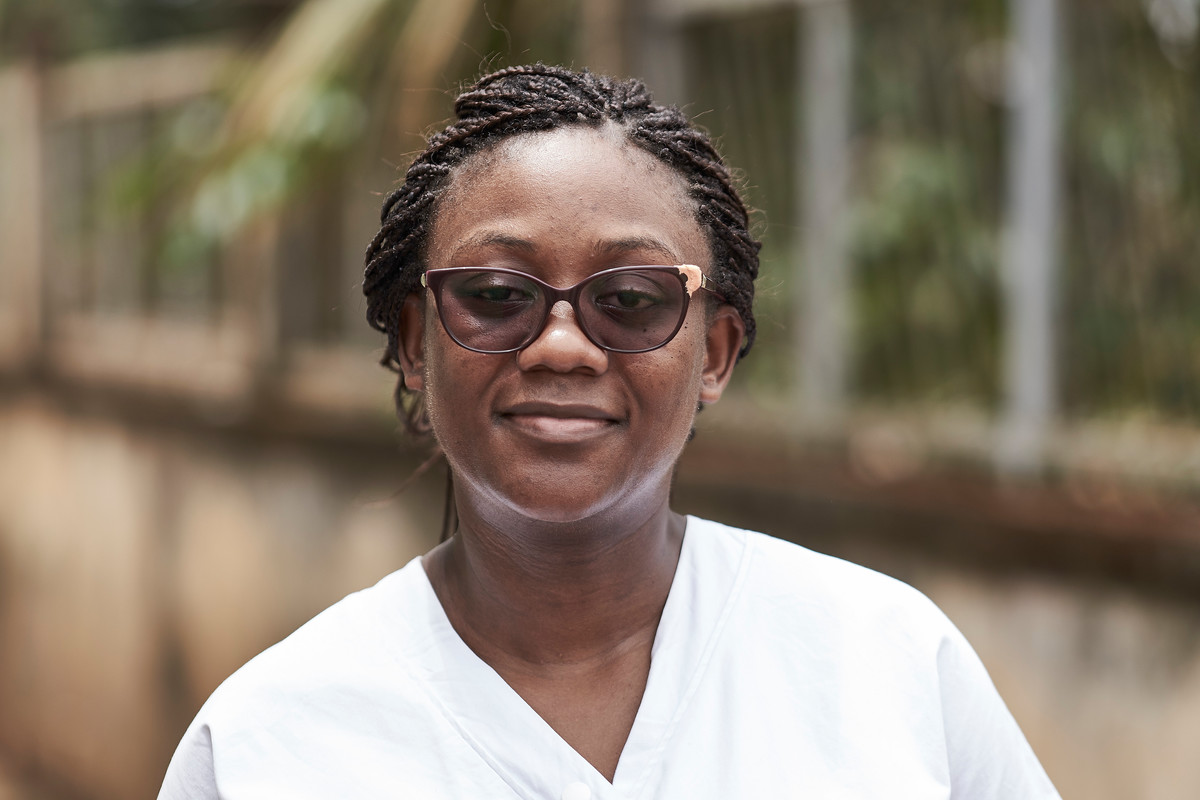
Getting creative on social media
A watercolour entry for a social media art competition.
“With our Youth Network we created an artistic competition on our Facebook and Instagram platforms on issues such as masturbation, menstruation, coming out, female genitalia, pornography. The aim is to enhance creativity and make young people reflect about sexual and reproductive health and rights in a creative way during the pandemic. The aim was also to offer something fun and positive in this difficult time.” Noemi, 24, is the co-founder and coordinator of Santé Sexuelle Suisse/Sexuelle Gesundheit Schweiz's Youth Network.
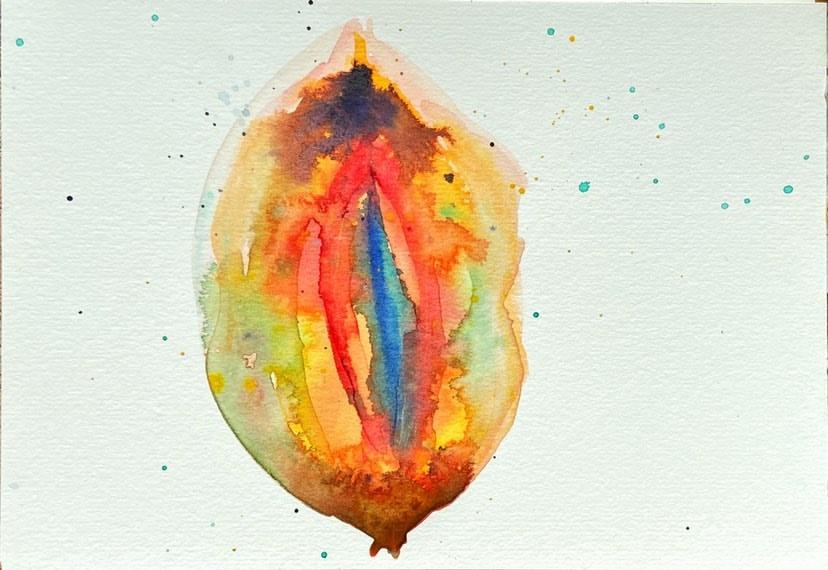
Delivering healthcare to remote communities in Fiji
RFHAF Team in Kadavu performing general health checks after TC Harold. Healthcare provider, Nasi, administers an HPV shot to a client.
In early April 2020, the all too familiar destruction of a Tropical Cyclone (TC) – Harold – hit the Solomon Islands, Vanuatu, Fiji and Tonga. One of the worst affected areas was the Eastern part of Fiji. Through support by Department of Foreign Affairs and Trade (DFAT), our Member Association, Reproductive and Family Health Association of Fiji (RFHAF), was quick to respond ensuring access to essential sexual and reproductive healthcare for Kadavu’s women, girls, and vulnerable groups.
© IPPF/Rob Rickman
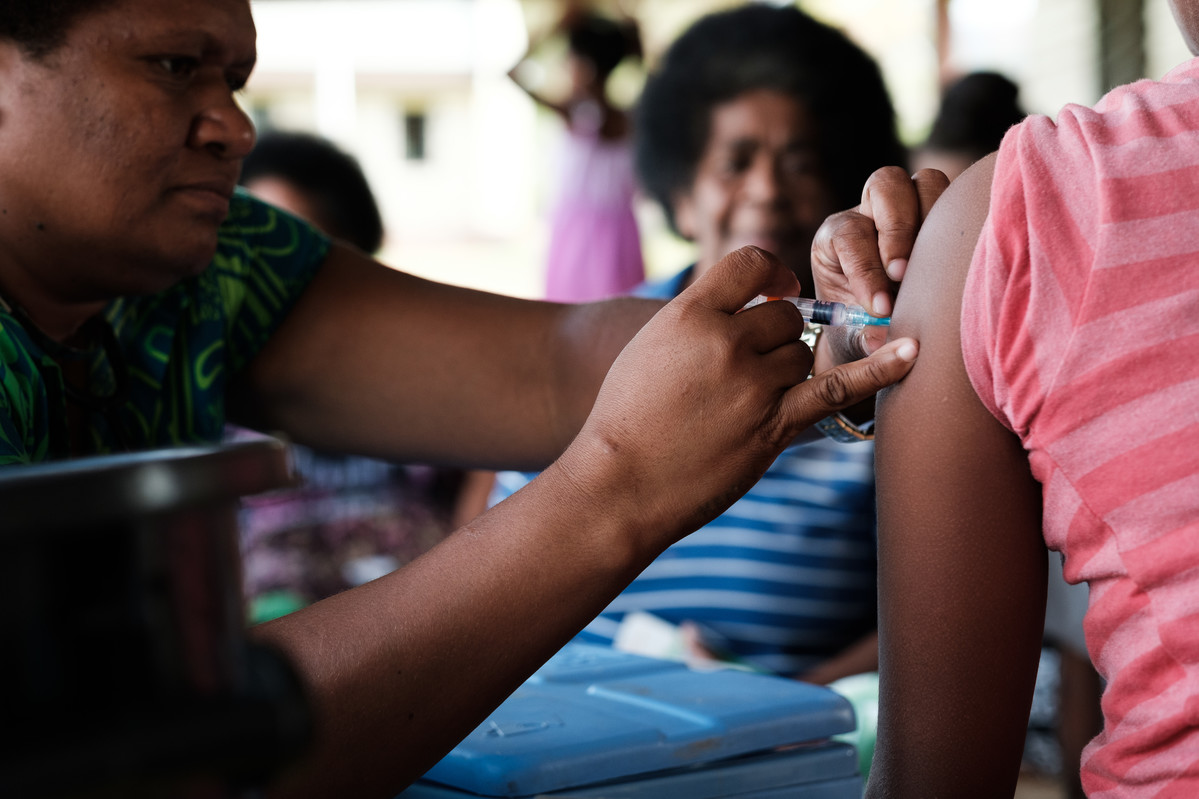
Spotlight on women in leadership
Executive Director, Dr Kalpana Apte, of FPA India talks about young people being a primary focus for access to healthcare and information.
“Gender equality and equity is a fundamental issue that India must prioritize. India is a country of young people. That is the biggest cohort of people at this time in history. Within this group of young people, adolescent and young girls are the most marginalized group. The face of poverty in India is a young girl. Girls have fewer choices, options and opportunity. The gap between boys and girls in terms of access to sexual and reproductive health services and information is huge. Education, Health and empowerment are the three priorities for young girls.”
© IPPF/Anurag Banerjee
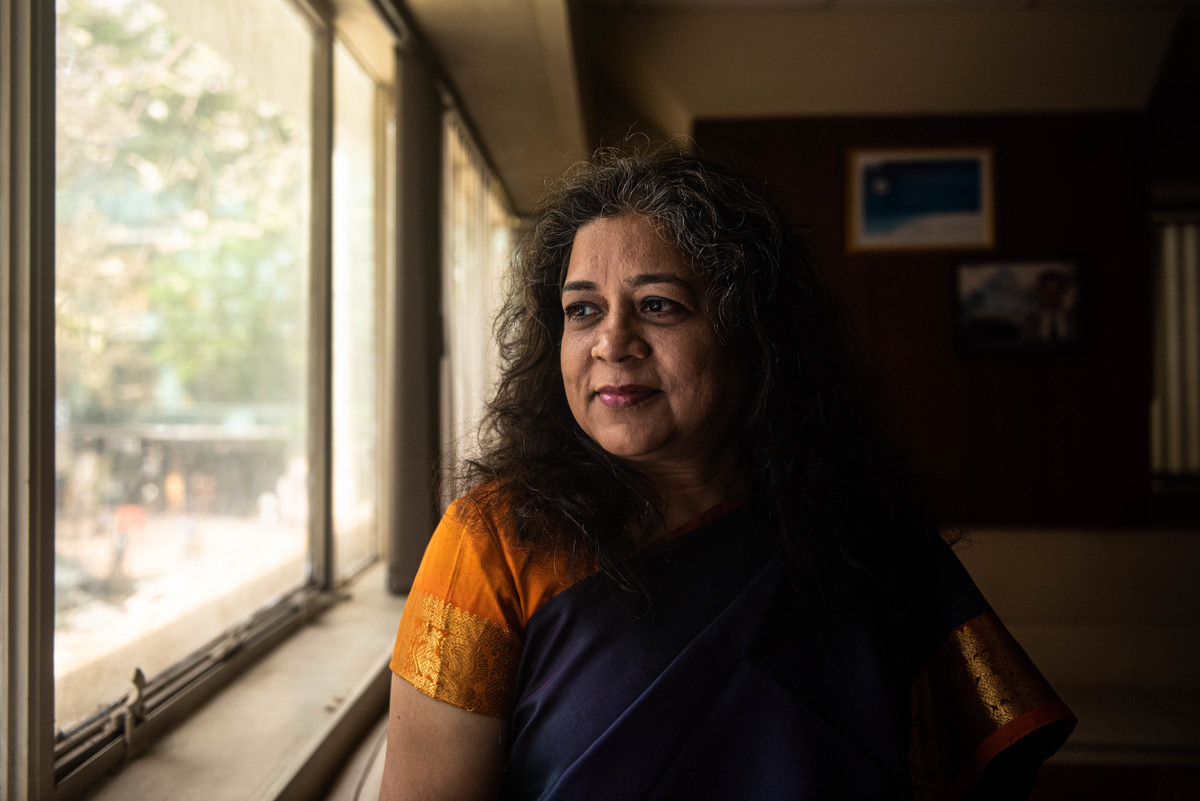
Humanitarian Youth Club, Kiribati
Theta, 25, is part of the Humanitarian Youth Club set up by the Kiribati Family Health Association in her village.
“I have helped the Humanitarian Youth Club to apply for financial grants from the Australian High Commission [for $1,000]. I am recognized as the smartest member who can write in English. We have learned how to design a disaster plan for the community and share our ideas on sexual and reproductive issues such as sexually transmitted infections. We discuss what we can do for the next strong tide, where we can gather as a community. For now, I want to enjoy the chance to be in our own beloved country. I won’t move until the majority have already left. I want my daughter to grow up in the same place I grew up in.”
© IPPF/Hannah Maule-Ffinch

Youth-led healthcare through song, dance, and poetry
17-year-old student Jumeya Mohammed Amin has been a ‘change agent’ for her community through the Family Guidance Association of Ethiopia since she was 14.
"I wanted to protect girls from violence – like early marriage – and I wanted to change people’s wrong perceptions about sex and sexuality.”
©IPPF/ Zacharias Abubeker

Small but mighty: The Pill at 60
2020 marks the 60th anniversary of the game-changing contraceptive pill.
For 60 years, “the Pill” has been approved for use in the US market, changing the face of reproductive control for millions of people since. Although taking a few years longer to become widely available to all women, the Pill was the first oral hormonal contraceptive. It allowed women to take real ownership over if and when they had children, and how many they had, giving them control over their lives in a way that had never been seen before.
© Jessica Dance

Being part of IPPF: What it means for Profamilia, Colombia
Executive Director, Marta Royo.
“For Profamilia, the value that the Federation adds is enormous. It gives us the possibility to exchange experiences and knowledge with other associations around the world, enriching our work, and allowing it to advance more quickly and with greater strength. This has allowed us to work with the most vulnerable populations in our country – from advocacy to healthcare service delivery, research, addressing issues as varied as abortion care, contraception and comprehensive sex education. Without this support, thousands of people in Colombia would not have access to any of these services.”
© Profamilia

Unprecedented support for women’s right to abortion care in Poland
Huge numbers of people took part in protests prompted by the decision of the Constitutional Tribunal to impose a near ban on abortion on 22 October 2020.
The ruling struck down the possibility for women to access abortion care on the ground of severe fetal impairment, rejecting what is the most common of the few legal grounds for abortion in the country at present. The demonstrations had a powerful impact, and on 3 November the government announced a delay in implementing its latest court ruling in response to the protests.
© Marta Bogdanowicz Spacerowiczka
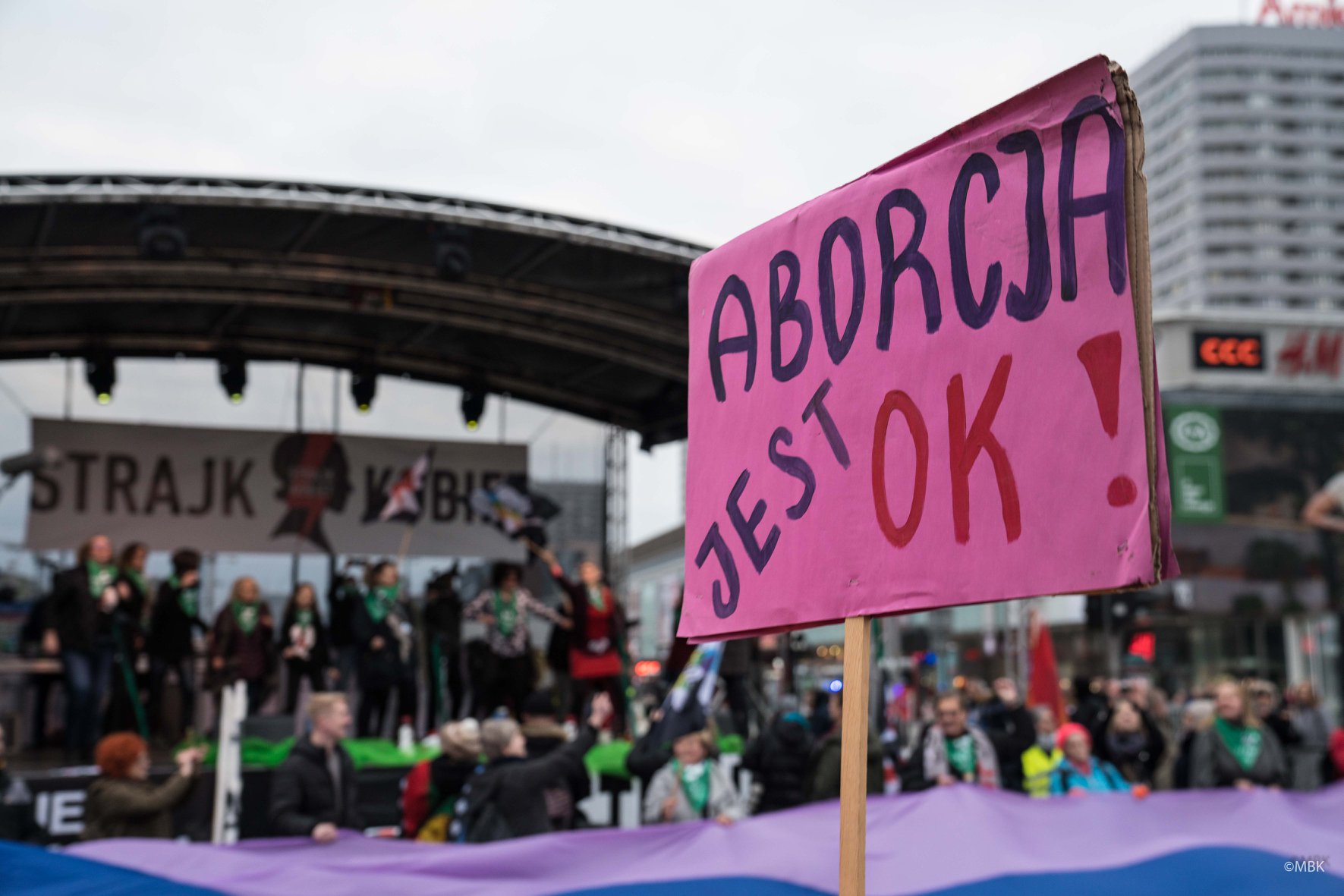
US Election 2020
The people of the United States voted for change and progress.
The reinstatement of the US Global Gag Rule in 2017 has had enormous consequences for women and girls accessing sexual and reproductive healthcare. IPPF calls on President-elect Biden to keep to his word of signing an executive order on his first day in office to repeal the harmful Global Gag Rule (the Mexico City Policy).
© J. Smith/USA

16 Days of Activism Against GBV
In humanitarian emergencies, women and girls may be forced to turn to survival sex work as a way of feeding themselves and their families.
Without the usual healthcare available and low sexual health understanding, sex is frequently unprotected and violent, exposing them and their clients to sexually transmitted infections, including HIV. In fact, people who engage in sex work experience 10 times higher prevalence of HIV than the general population, with an average of a 12% rate of HIV infection.
© Jem Milton
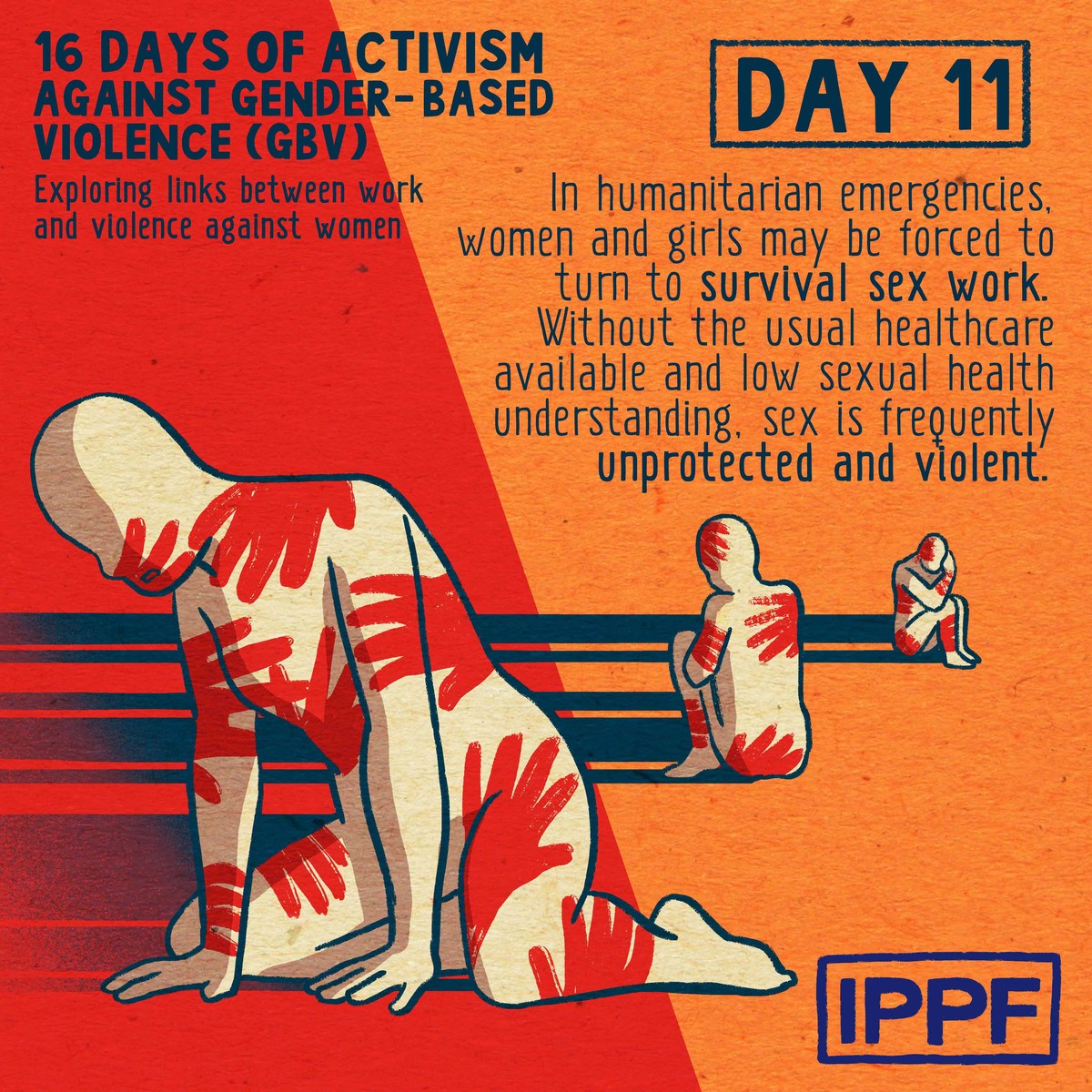
Spotlight on sex and disability
Joy & Jake talk sex and more to mark International Day of Persons with Disabilities.
Joy and Jake – who are sight/visually-impaired – discuss the highs, lows, and everything in between of navigating sex, sexual health, dating, relationships and sex education, whilst living with a disability.
© Bird Lime Media

when
country
Ethiopia







